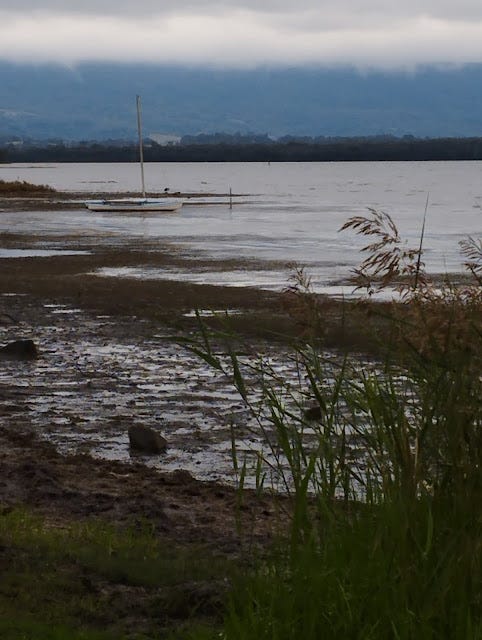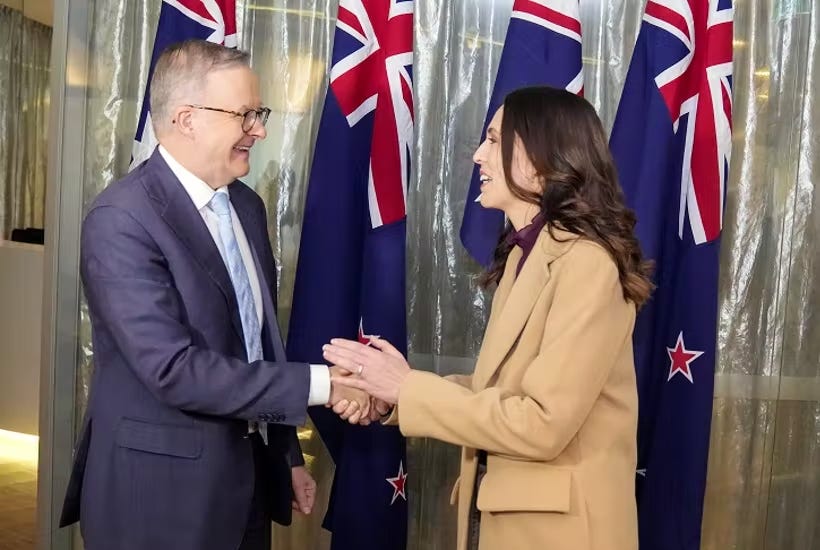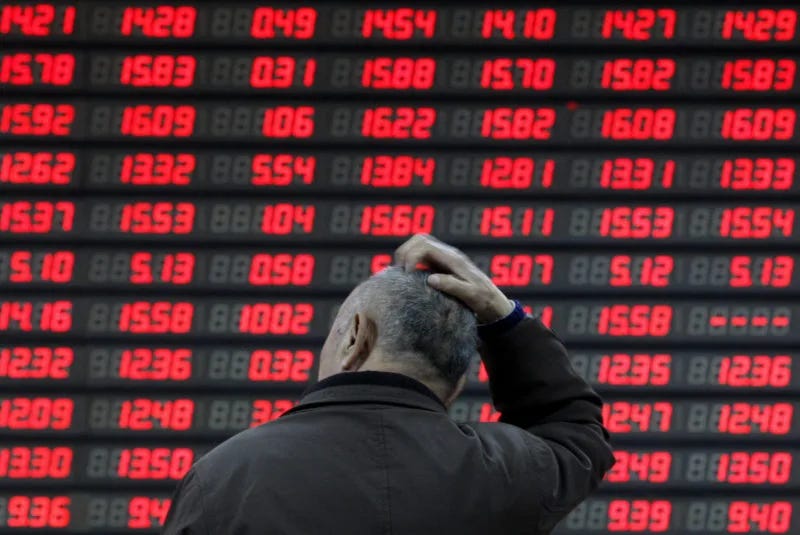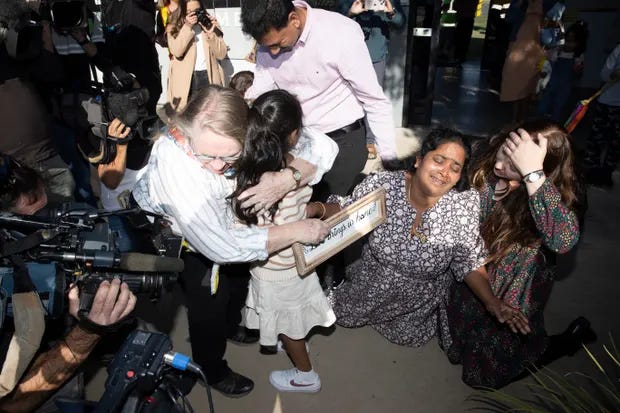
There were flocks of birds and unresolved stories; there were days when all he wanted to do was drive spikes through the brains and eye sockets of his tormentors.
There were days when the utter disconnect between the government and the people, between the public messaging of the propaganda media incensed him, for he remained of the antiquated view that it should reflect the concerns of the populace, not tell them what they should be concerned about, not dictate the public narrative in increasingly farcical storylines which meant, of course, that nobody watched, nobody listened, and ultimately, nobody cared.
Why he should care, he knew not.
The stanchions had been plunged into the ground. The soldiers had moved forward in one military, unified step.
It was military. It was an army. It was about war.
An invisible war.
That freezing winter; that imperilled country; that lingering outrage in the likes of him, while elsewhere people smiled or gathered themselves in insular warmth. They accepted their own poverty as if it had always been. They accepted the actions, the notions of their leaders as if they were wise; as if it was their duty to accept them, to accept some realm which dictated their lives.
Nearby a religious person.
"Crucified."
"God."
There in the drivel of ABC propaganda and the utterly impoverished state of the national debate; there in that freezing part of the south coast, with the wind whipping around the house and everyone rugged up; even those who would normally wear shorts all year round, who simply didn't feel the cold like he did.
There was a lingering discontent. There was a shallow dive into what was an incredibly complex situation; except the machines, well for them, it wasn't complex, it was a routine calculation.
They swarmed. The birds were just images implanted into a human brain because animal images were the easiest to understand, and had been for thousands of years, across thousands of cultures.
We were united in our grief.
And yet it hadn't happened yet, the worst of the worst. It was important to record this brief moment if not of optimism, or even trepidation; of a kind of unknowing naivety.
Australia wasn't the country people pretended it to be; the media, the academics, the politicians, the comfortable class. They had no idea.
And he, like so many others, withdrew into a parochial substance; worried about bills, paying the electricity bills, keeping warm.
They could keep warm as all about them collapsed; but perhaps it was that collapse in universal belief, in a better world, in progress, perhaps it was that collapse, that we were working towards a universal good, that humanity, with all its nobility and courage in the face of suffering, was not, after all, worth fighting and dying for. These noble intents. The noble passages; of words, of time, of intent, of passion, of families who cared for each other, all were, in a sense, nothing but a flurry of birds in a freezing wind.
The sunrise caught the underbelly of pelican in an orange flash against a dark, stormy, wintry sky; but all those moments of beauty, that we could perceive, that were in this time and this fraction of a moment also eternal; that this too, would pass, these humans who could see these things, these humans who cared about these things.
Instead, disembodied wings and freezing winters; and why he thought the news channels should reflect this crumbling reality of a species which had, in the eternity of time, been here for barely a flash.
"We're like fireflies," he said, or thought. "Here for one moment and gone the next. Our lifespans are so brief."
That was it, really, so damn brief in the eternity of it all.
"You can live forever," he heard the religious person think; but their idea of incarnation, or reincarnation, or rising up; it bore no relationship to the reality of it all.
Grief. A spike through their mushy brains. Blood oozing from damaged eye sockets. Violence. Cruelty. A freezing wind.
He lost interest in watching the news; strange for an old, and in one sense dying journalist; for we were all mortal in the realm of the immortals.
A spike through an eye socket. A damaged cortex.
A machine that could read everything.
We embrace the future as we embrace the past.
Rise up, rise up.
MAINSTREAM MEDIA
SPECTATOR AUSTRALIA

It was all smiles for the pair of socialist hard-left leaders at their first (and nauseating) press conference today.
Within minutes it became clear that Ardern’s Labour government had been deliberately stalling and brick-walling the previous Morrison government, as she announced today changes that had nothing to do with the resolution of political ideas, but were solely re-evaluated because she ‘likes’ Albanese.
For example, nuclear-powered submarines are ‘not a point of contention at all’. Why? Did the domestic politics of New Zealand change? Has nuclear technology changed? Was there a significant shift in threat from China? No. Ardern was simply making life difficult for Morrison for the sake of it, which is not a responsible way to run a ‘friendship’ between nations. It’s the sort of juvenile politicking more familiar to the European continent – ‘vote for our mates or we won’t talk to each other’.
‘Essentially, we agree on our worldview,’ said Prime Minister Albanese, grinning at the podium.
It is a declaration that will make most Australians groan, given that Ardern has been the butt of global jokes for years due to her immature, fringe, and often fascist-style leadership that has seen the escalation of Marxist movements inside New Zealand.
‘When I say that we are family, I mean it sincerely,’ replied Prime Minister Ardern. ‘This is the opportunity for a reset.’
That wouldn’t be a ‘great reset’ – would it?
The language of hated international bureaucracies was littered through the discussion, with both leaders leaning heavily into globalised rhetoric. Astonishingly inaccurate remarks on Climate Change formed the focus of their shared ‘vision’, with Albanese describing it first and foremost as ‘a national security challenge’.
Well, he’s right if we are talking about leaving Australia’s energy grid dependent on Chinese renewables… That was not his point. First on the agenda was a nationally-determined contribution to the (hated) UN Framework Convention on Climate Change with Ardern adding that ‘Climate Change is a global issue that is writ large in our [Pacific] region’ and the ‘number one threat’.
Climate Change is also the number one cash cow of the Pacific, where island nations are expected to take half a billion taxpayer dollars from Albanese in the next few years as part of his ‘climate investment’ while at the same time turning around and taking millions more from China – the biggest environmental vandal in the world.
THE NEW DAILY
Job seekers fear they could soon lose access to their income support payments amid a major overhaul of a key Centrelink program affecting hundreds of thousands of people.
A new service called WorkForce Australia will replace the controversial Jobactive program from July 4, and bring with it a new system of ‘mutual obligations’ – activities that job seekers must complete every month to access their payments.
Jobactive already requires job seekers to earn 100 points a month by doing activities such as internships, work for the dole, and approved study, but the points system will be updated under Workforce Australia.
Although Jobactive only has six categories under which job seekers can gain points, Workforce Australia will have 32.
Employment service providers and the Digital Services Contact Centre can also increase the values of certain tasks or activities to reflect the individual circumstances of job seekers and the tasks they are doing.

CliVThe Australian share market has suffered its worst week in more than two years after another major drop, slumping to its lowest closing level in 14 months.
The benchmark S&P/ASX200 index finished Friday down 87.7 points to 6,932.0, a fall of 1.25 per cent. The broader All Ordinaries closed 95.2 points lower at 7,145.2, a 1.31 per cent drop.
The ASX200 declined 4.24 per cent for the week, its worst performance since the week ending 24 April 2020, after declining every day except Wednesday. Its close was its lowest since April 7, 2021.
“Quite a pullback, obviously,” said CommSec market analyst Stephen Daghlian.
“To be honest, it’s not overly surprising, given what we saw from the Reserve Bank,” which raised interest rates more aggressively than many were expecting on Tuesday.
Big banks slip
The financial sector declined 9.0 per cent for the week, its worst loss since March 2020, the beginning of the pandemic.
All the big banks gave up their morning gains and finished lower on Friday, with the biggest, Commonwealth, close to a one-year low at $93.78. CBA was down 1.2 per cent on the day and 10.7 per cent on the week.
Westpac fell 1.5 per cent to $20.85, ANZ dropped 1.2 per cent to $23.07 and NAB retreated 0.7 per cent to $28.06. National Australia Bank is down 10.3 per cent fall in the past five days.
Nonbank lenders Australian Finance Group, Peppermoney and Resimac were all down from 5.5 to 7.3 per cent amid fears that rising rates will result in bad debts and collapse the property market.
Property was in fact the worst performer on Friday, down 2.9 per cent. The sector has also suffered its worst week since March 2020 with a 7.0 per cent drop.mate Change is also the number one cash cow of the Pacific, where island nations are expected to take half a billion taxpayer dollars from Albanese in the next few years as part of his ‘climate investment’ while at the same time turning around and taking millions more from China – the biggest environmental vandal in the world.S
SKY
Sky News host Chris Kenny says Australia’s energy crisis has deepened after the failure of a coal-power generator in New South Wales and a stalled plan in Victoria.
“We still don’t know what the federal or state governments will do to fix this as decades of Liberal and Labor policy to phase out coal in favour of renewables is coming home to roost,” he said.
“We now have the ridiculous situation where Greenpeace, of all people, Greenpeace is putting out statements complaining about the way AGL is running its ageing and therefore sometimes unreliable coal-fired generators.”
GUARDIAN

The Nadesalingam family has finally touched down in Biloela, more than four years after they were taken from their home by the Australian Border Force.
As the family walked out of Thangool airport on Friday, Priya dropped to her knees and kissed the ground.
“I am so happy,” she said. “I am starting a new life.”
Supporters sobbed as they hugged the family and handed Tharnicaa and Kopika two toy cockatoos.
The Tamil family have become perhaps the most famous example of Australia’s harsh treatment of asylum seekers.
Given 10 minutes to pack before being removed from their home by border force agents in a 5am raid in March 2018, they were moved to immigration detention in Melbourne.



